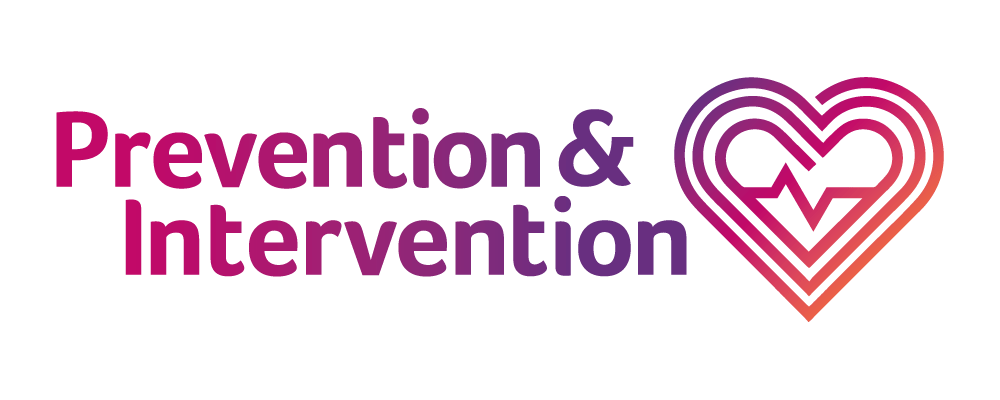Revisiting October’s Insights: “CHIP from the patient and operator perspective – does gender matter?”
The session delved into the intricacies of CHIP PCI, with a special focus on the disparities in referral for complex PCI. It explored the factors influencing these referrals, such as the difficulty level of PCI, patient age, comorbidities, and operator-dependent factors. The underrepresentation of women in CTO-PCI procedures was addressed, alongside their higher success rates and associated risks. The session concluded with a discussion on the components of a complex interventional fellowship for women, emphasizing mentorship and support.
Maksymilian Opolski: So, what to do to actually bridge the gap, bridge the gender disparities gap in CTO, PCI, and CHIP business? Well, I think we have to strive for more accurate patient diagnosis. Maybe we should look at patients in a very precise way; maybe we should look at microcirculation, talk to the patients, exclude other factors and other causes that might actually induce angina, so that we land up in a more appropriate clinical indication. Once we have a good indication, we can take the risk. Finally, I think we should downsize the CTO PCI toolkit, right? It’s not that once you have a patient, you always take the big guys like 8 Fr, 7 Fr, right? You should think; you should never be dogmatic, right? Once you have a woman, she’s 60 kilos, not such a big person, like an old lady who might be frail, you should modify these things, never be dogmatic. And finally, you should be very worried about complications so that you prevent them. The best way not to have complications, not to get into problems, is prevention.
